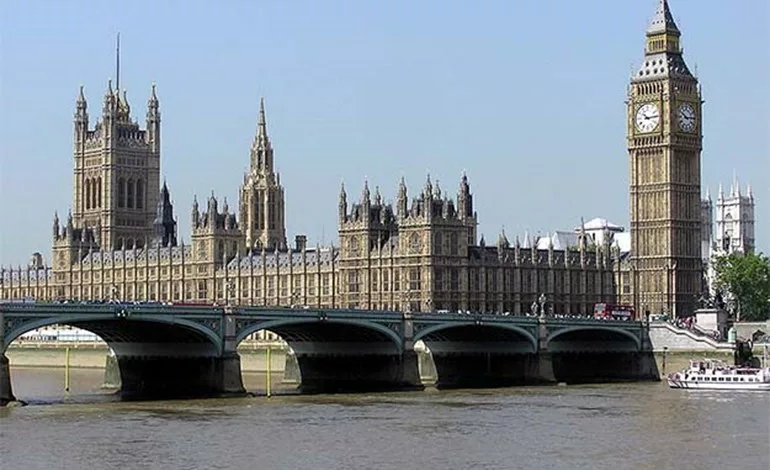UK Sets a New Climate Agenda: Departing the Energy Charter Treaty for a Greener, Secure Future
In a bold move marking a pivotal moment for its environmental and energy policy, the UK government has announced its decision to exit the Energy Charter Treaty (ECT), a step that underscores its commitment to accelerating the transition to net zero and bolstering national energy security. This strategic withdrawal aligns the UK with nine EU member states, including powerhouses like France, Spain, and the Netherlands, signaling a collective shift towards more sustainable and autonomous energy policies.
The ECT, established in 1994, was initially crafted to foster international investment in the energy sector, offering substantial protections for investments, predominantly in fossil fuels. However, the treaty’s compatibility with the urgent global shift towards cleaner, renewable energy sources has been increasingly questioned. Efforts to modernize the ECT to embrace cleaner technologies and support the net zero transition have been mired in protracted discussions, ultimately hitting a deadlock.
Graham Stuart, the UK’s Minister for Energy Security and Net Zero, highlighted the treaty’s obsolescence and the fruitless negotiations for its renewal. Stuart emphasized that remaining tethered to the ECT would not only hinder the UK’s path to cleaner energy but potentially penalize its leading efforts to achieve net zero emissions. “With £30bn invested in the energy sector since September alone, the UK continues to spearhead global emissions reduction, attracting international investment and offering robust legal protections for investors,” Stuart remarked.
Despite previous UK-led efforts to broker a modernized version of the ECT that would retain its benefits while extending protections to renewable energy investments, such as carbon capture, utilization, storage (CCUS), and hydrogen, a consensus could not be reached. The proposed updates, aimed for adoption in November 2022, were ultimately rejected by nine EU member states, including France, Germany, Spain, and the Netherlands, all of which have since opted to withdraw.
The impending European Parliament elections in 2024 cast further uncertainty on the treaty’s modernization efforts, potentially delaying any progress indefinitely. After thorough consultations with businesses, industry stakeholders, and civil society, the UK government is set to formally initiate its withdrawal from the ECT. This process will culminate in one year, thereafter eliminating protections for new investments under the treaty.
Shaun Spiers, Executive Director of the Green Alliance, lauded the UK’s decision, recognizing it as a significant victory for global climate action. “Civil society organizations and parliamentarians across the spectrum have long criticized the ECT as outdated and counterproductive to climate change mitigation efforts. The UK’s departure from the treaty strengthens the global push towards affordable, clean, and renewable energy,” Spiers stated.
This strategic pivot not only reaffirms the UK’s leadership in the global climate change arena but also propels forward its commitment to a sustainable, secure energy future, free from the constraints of outdated international agreements.
#UKEnergyPolicy #NetZeroTransition #SustainableFuture #EnergyCharterTreaty #ClimateAction #RenewableEnergy #GlobalLeadership
Credit: [Image: Parliamentwiki]










